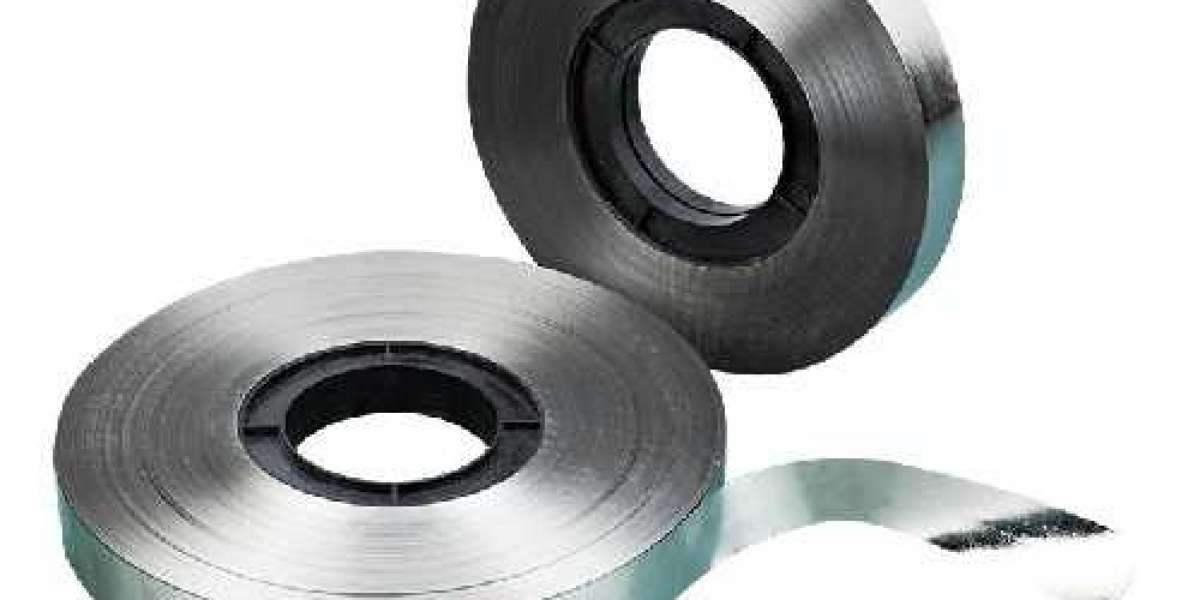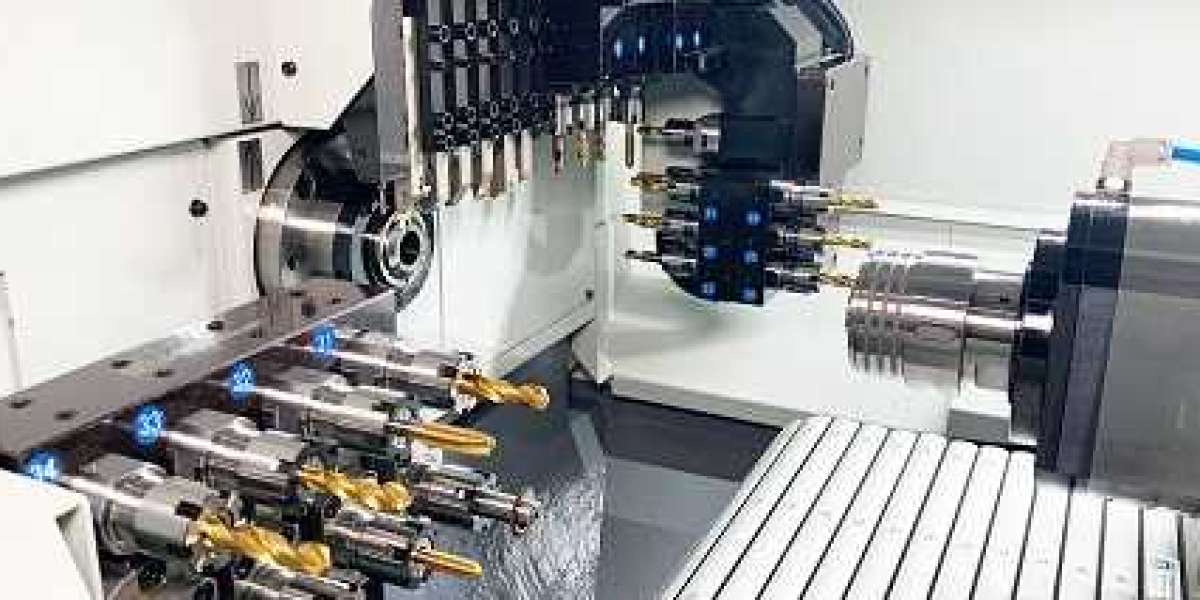In the world of power electronics, efficiency and performance are two key factors that are always sought after. The development of new technologies and materials that can enhance these factors is constantly ongoing. One such material that has been making waves in the industry is the Transmart nanocrystalline core.
Nanocrystalline cores are a relatively new class of soft magnetic materials that have shown great promise in improving the performance of power electronics devices. Transmart, a company that specializes in the production of advanced magnetic materials, has developed a unique manufacturing process that has allowed them to produce high-quality nanocrystalline cores that are more efficient and cost-effective than traditional materials.
So, what exactly is a nanocrystalline core? A core is an essential component of power electronics devices, such as transformers and inductors, that helps to efficiently transfer energy from one circuit to another. Traditional cores are made of materials like silicon steel, which have relatively high energy losses due to hysteresis and eddy currents. Nanocrystalline cores, on the other hand, are made up of tiny crystalline grains that are just a few nanometers in size, making them much more efficient and less prone to energy loss.
Transmart's nanocrystalline cores are made using a unique process that involves rapidly cooling the molten metal in a controlled environment. This process creates a material that has a unique combination of high permeability, low coercivity, and low core loss, making it an ideal material for use in power electronics devices. The unique composition of the material also makes it resistant to corrosion and oxidation, making it a durable and long-lasting solution.
One of the major benefits of using Transmart's nanocrystalline cores is that it can significantly improve the efficiency of power electronics devices. These cores have been shown to reduce energy losses by up to 80% compared to traditional materials. This translates to lower operating temperatures, reduced power consumption, and longer lifetimes for devices that use these cores.
Another benefit of using these cores is that they are more cost-effective than traditional materials. While the initial cost of the material may be slightly higher, the increased efficiency and reduced energy loss can lead to significant cost savings over the lifetime of the device.
In conclusion, Transmart's nanocrystalline cores are a revolutionary development in the world of power electronics. They offer a unique combination of efficiency, durability, and cost-effectiveness that make them an ideal material for use in a wide range of power electronics applications. As the demand for more efficient and sustainable power electronics continues to grow, it's clear that nanocrystalline cores will play an important role in shaping the future of the industry.








